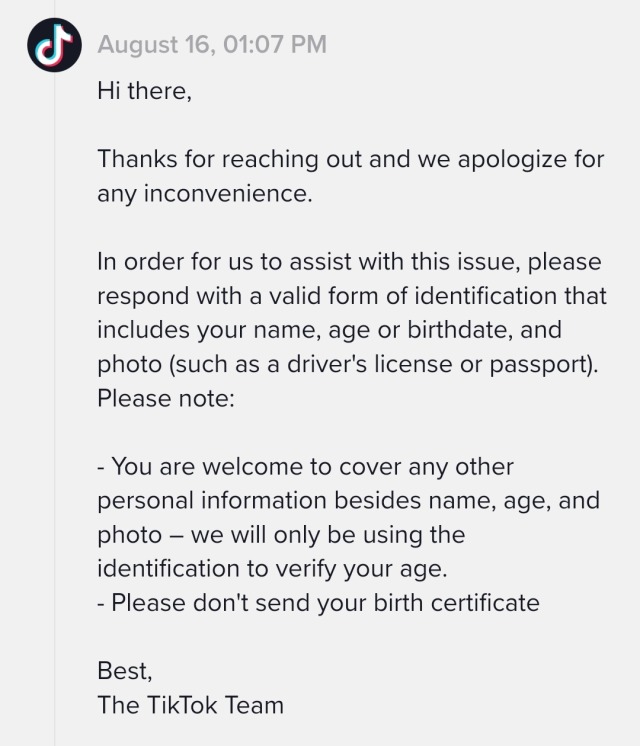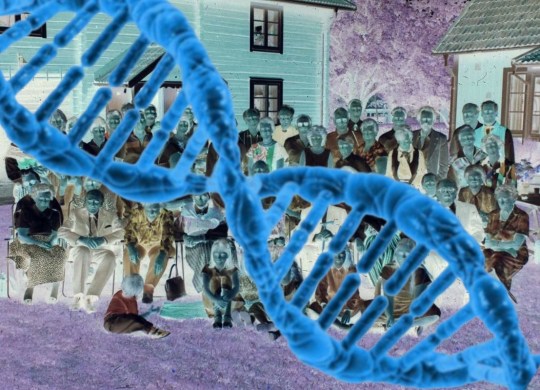real talk i have become a problem recently. the hospital wanted my fingerprint and i said no. the receptionist was like: but its such a convenient way to check in! and i said ok i dont want you to have my biometric data. and she was so baffled. i said, can you not check me in using an id card?
well of course but dont you want to provide your biometric data for your convenience?
nope thanks!
fuck this happened again i was buying some LPs and the clerk was like: can i have your email? and i was like no.
she full on stared at me. she was like: but i need to put you into the system.
and i was like: need to? you NEED to? i don’t want to give my email
and she was like: but…how are you going to return items without an account?
and i was like, with a fucking receipt??? wtf is going on right now. if i can’t return them i guess i’ll die??whatever
Part of the trouble is that most people have been falling all over themselves to hand all of their most intimate personal data over to the faceless strangers behind the apps and websites that strike their fancy simply because the faceless strangers ask for it.
My argument used to be: if I can walk through the door in brick and mortar stores without handing over any personal information*…
I will continue to do my best to resist, both online and off, because, like you, I not only value my privacy, I understand what it’s for.
When teaching my progeny how to use the Internet safely, I taught them to feel free to lie about their identity when obliged to divulge personal information to those faceless folks who have no legitimate claim to such information. This can still work in stores as well at the moment, likely at least until they get rid of physical money. Hospitals not so much.
*(outside of risking getting photographed by their security cams)








!["process that you pit in place" presumably should be "put" NOTE: Presumably you want to crowd source your proofreading. That means you seek help from people like me who are willing to take the time to notify you when CBC publishes an error. That's reasonable. What is NOT reasonable is that CBC *requires* people who are willing to HELP CBC (gratis) to turn over personal information. Name: [Required] Email address: [Required] City, Province and Country: [Required] In other words, we are not only doing work you really ought to be paying professional proof readers to do for free, and are required to pay for the privilege with our personal data. Which is why I'm not doing this again.](https://laurelrusswurm.files.wordpress.com/2017/07/required.png?w=700)
